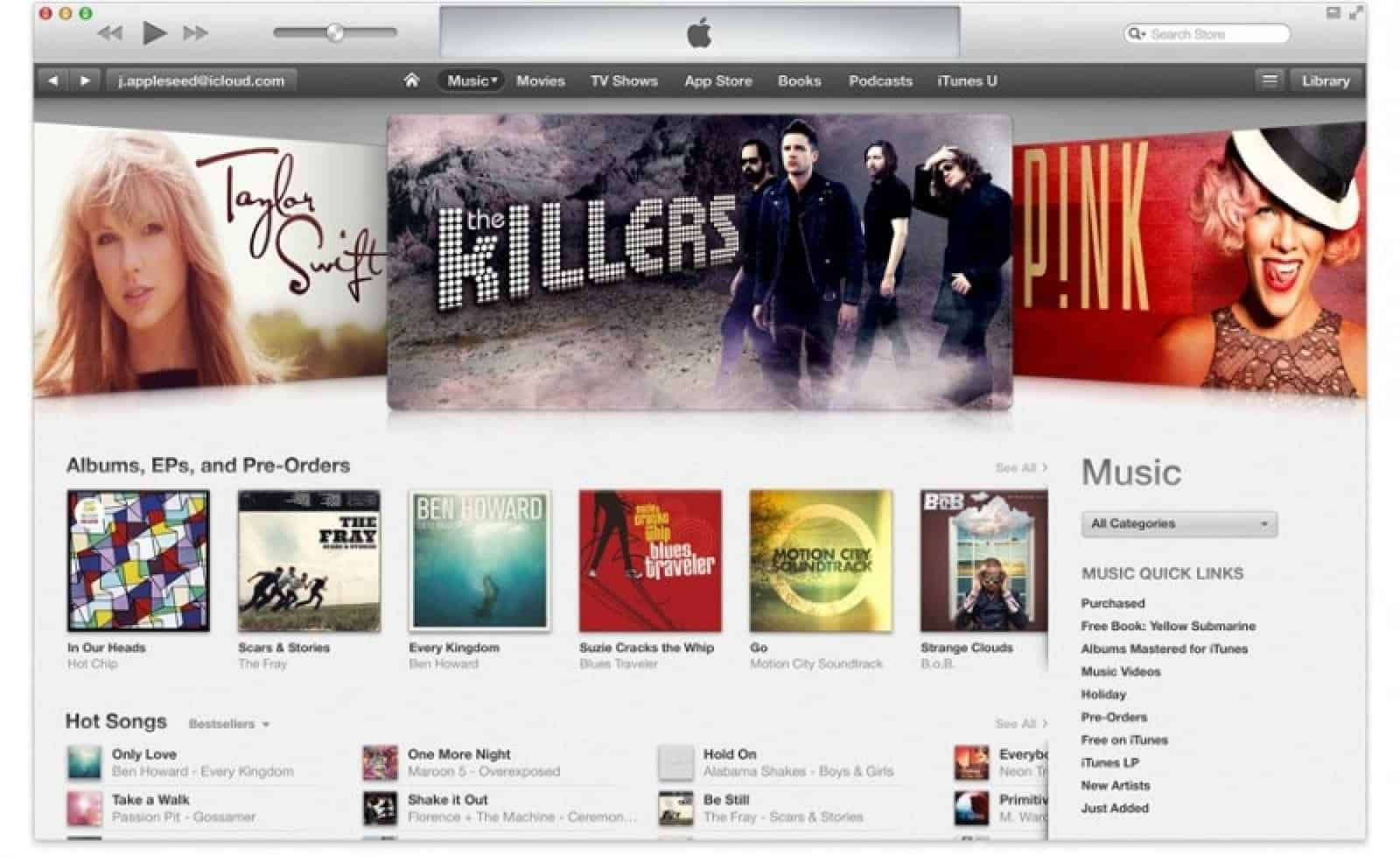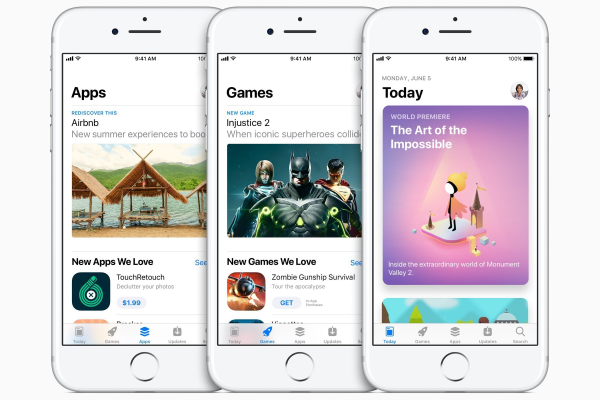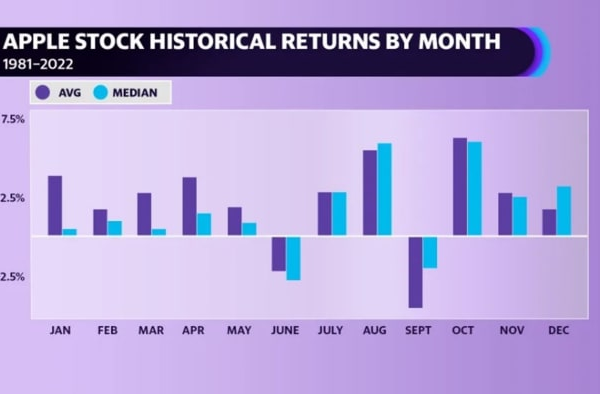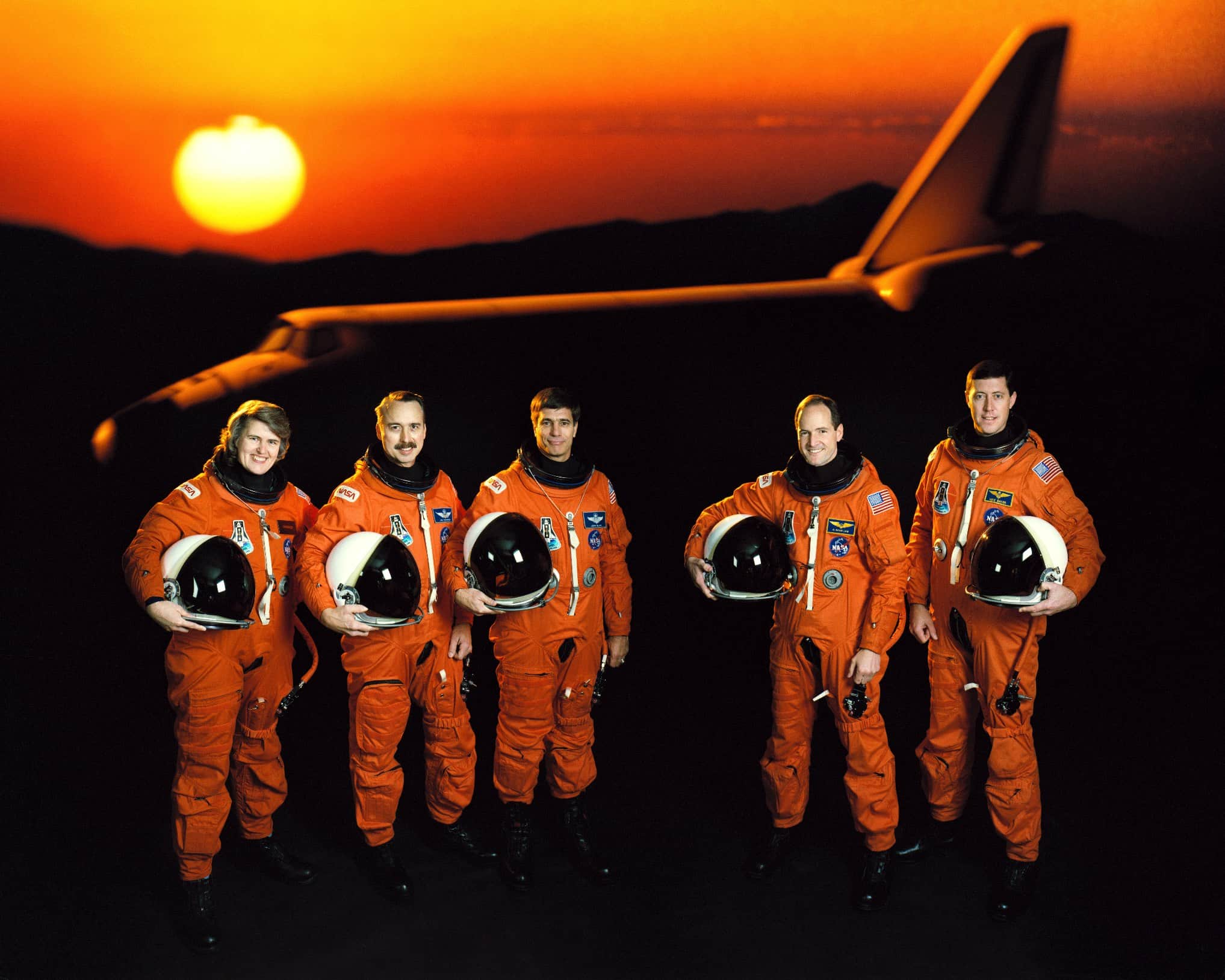iTunes Music Store: Revolutionizing Digital Music Sales

The iTunes Music Store, launched on April 28, 2003, marked a pivotal moment in the digital music revolution, fundamentally transforming how we access and purchase music. Before its introduction, many consumers resorted to illegal downloads from services like Napster, but iTunes quickly demonstrated a viable alternative where users were willing to pay for high-quality tracks. Pioneered by Apple and Steve Jobs, iTunes showcased the potential of online music sales by partnering with major record labels and making individual songs available for just 99 cents each. The impact of iTunes extended beyond mere convenience, as it challenged the music industry to embrace digital distribution and rethink traditional business models. This monumental launch not only revolutionized music consumption but also set the stage for the evolving landscape of digital media and entertainment.
Introduced in the early 2000s, the digital music marketplace saw a significant enhancement with the advent of the iTunes Music Store, which became a central hub for purchasing music online. This innovative platform emerged at a time when accessing music via the internet was often fraught with legal complications and piracy issues, propelling the industry towards legitimate digital sales. Apple’s visionary leadership, particularly that of Steve Jobs, played a crucial role in reshaping consumer behavior by offering an appealing alternative to illegal downloads. With the iTunes interface, users could easily browse, purchase, and download their favorite tracks, paving the way for a thriving online music ecosystem. The success of this venture not only redefined music distribution but also laid the groundwork for other digital services in the years to come.
The Launch of the iTunes Music Store: A Turning Point for Digital Music
On April 28, 2003, Apple officially launched the iTunes Music Store, an event that marked a crucial turning point in the digital music landscape. Before its inception, the music industry was rife with illegal downloads and piracy, with services like Napster dominating the scene. However, the iTunes Music Store changed everything by providing a legal and user-friendly platform where consumers could purchase music with just a click. Apple’s ability to create an engaging user experience through its sleek interface and ease of navigation set a new standard for digital music distribution.
The arrival of the iTunes Music Store coincided with a significant shift in consumer behavior, where the appeal of digital ownership began to overshadow physical media. Steve Jobs, the mastermind behind Apple’s vision, recognized that if users could access their favorite tracks conveniently and without legal repercussions, they would willingly pay for music once again. This revolutionary approach not only legitimized online music sales but also laid the groundwork for the thriving digital music market we see today.
Frequently Asked Questions
What impact did the launch of the iTunes Music Store have on the music industry?
The launch of the iTunes Music Store on April 28, 2003, significantly transformed the music industry by revolutionizing digital music distribution. It provided a legal platform for consumers to purchase individual songs at 99 cents each, encouraging customers to pay for music rather than resorting to illegal downloads from piracy sites. This impactful move helped legitimize online music sales and revitalized the music market.
How did Steve Jobs influence the creation of the iTunes Music Store?
Steve Jobs played a crucial role in the creation of the iTunes Music Store by convincing major record labels to support digital distribution models. His vision of making music easily accessible led to the successful negotiation with the ‘Big Five’ labels, ultimately allowing Apple to launch the store with over 200,000 tracks, thus changing how consumers accessed and purchased music.
What challenges did Apple face before launching the iTunes Music Store?
Before launching the iTunes Music Store, Apple faced significant challenges, including convincing music labels that digital distribution could coexist with traditional CD sales. Previous attempts by other companies to sell MP3s had failed due to limited catalogs and unattractive interfaces. Apple aimed to overcome these hurdles by offering a user-friendly experience combined with a large selection of songs.
How did the iTunes Music Store contribute to the digital music revolution?
The iTunes Music Store played a pivotal role in the digital music revolution by offering a legal and user-friendly way to purchase individual tracks instead of full albums. Its success demonstrated that consumers were willing to pay for digital music if it was accessible and affordable, leading to a substantial shift towards online music sales and changing the overall landscape of the music industry.
What was the initial catalog size of the iTunes Music Store at launch?
At its launch on April 28, 2003, the iTunes Music Store offered over 200,000 tracks. This impressive catalog size contributed to its immediate popularity and paved the way for the store to quickly expand its offerings, eventually doubling the number of available songs within just six months.
How has the iTunes Music Store evolved since its launch?
Since its launch, the iTunes Music Store has evolved significantly, transitioning from a music download service to a broader media platform that also includes TV shows, music videos, and movies. This evolution has positioned Apple as a comprehensive media company, leading to successful ventures like Apple Music and original video content for Apple TV+.
Is the iTunes Music Store still relevant today with the rise of streaming services?
While the iTunes Music Store has seen a decline in individual song purchases due to the rise of streaming services like Apple Music and Spotify, its impact on the music industry remains significant. It set the stage for digital music consumption and demonstrated the potential for new revenue streams in the digital age.
What was the significance of the iTunes Music Store’s first million downloads?
The iTunes Music Store celebrated its first million downloads in just a week after launch, highlighting its immediate success and popularity among users. This milestone was significant as it validated Apple’s strategy of selling individual tracks and showed the music industry that consumers preferred legal and convenient options over illegal downloads.
What has been the total number of songs sold through the iTunes Music Store?
As of now, the iTunes Music Store has sold over 40 billion songs since its launch in 2003. This staggering number underscores the store’s monumental success and its role in shaping the digital distribution of music.
| Key Point | Details |
|---|---|
| Launch of iTunes Music Store | Opened on April 28, 2003; revolutionized music distribution. |
| Context of Music Industry | Digital downloads largely associated with piracy; iTunes offered a legal alternative. |
| Initial iMac Limitations | Early iMacs did not allow CD burning; this feature was introduced in 2001 with advertising. |
| Success of iPod | Launched alongside iTunes; drove purchases and music sales online. |
| Negotiations with Record Labels | Steve Jobs convinced major labels to sell singles for 99 cents, increasing catalog appeal. |
| Rapid Growth | Reached 25 million downloads by December 2003 and 100 million by July 2004. |
| Expansion Beyond Music | iTunes evolved to sell TV shows, music videos, and movies, showcasing Apple’s growth. |
Summary
The iTunes Music Store transformed the music industry by providing a legal platform for buying and downloading music, marking a significant shift in digital distribution. It led the battle against piracy and demonstrated that consumers were willing to pay for quality music services. With its successful launch in 2003, the iTunes Music Store became a pivotal revenue stream for Apple, paving the way for later expansions into other media and establishing Apple’s dominance in the digital marketplace. As we look back at the evolution of music consumption, the impact of the iTunes Music Store on the industry is undeniable and sets the stage for the modern landscape of music and media.
You may also like

iOS App Store Success: A Milestone in Digital Distribution


First Email from Space: The Macintosh Portable’s Legacy
Archives
Calendar
| M | T | W | T | F | S | S |
|---|---|---|---|---|---|---|
| 1 | ||||||
| 2 | 3 | 4 | 5 | 6 | 7 | 8 |
| 9 | 10 | 11 | 12 | 13 | 14 | 15 |
| 16 | 17 | 18 | 19 | 20 | 21 | 22 |
| 23 | 24 | 25 | 26 | 27 | 28 | |